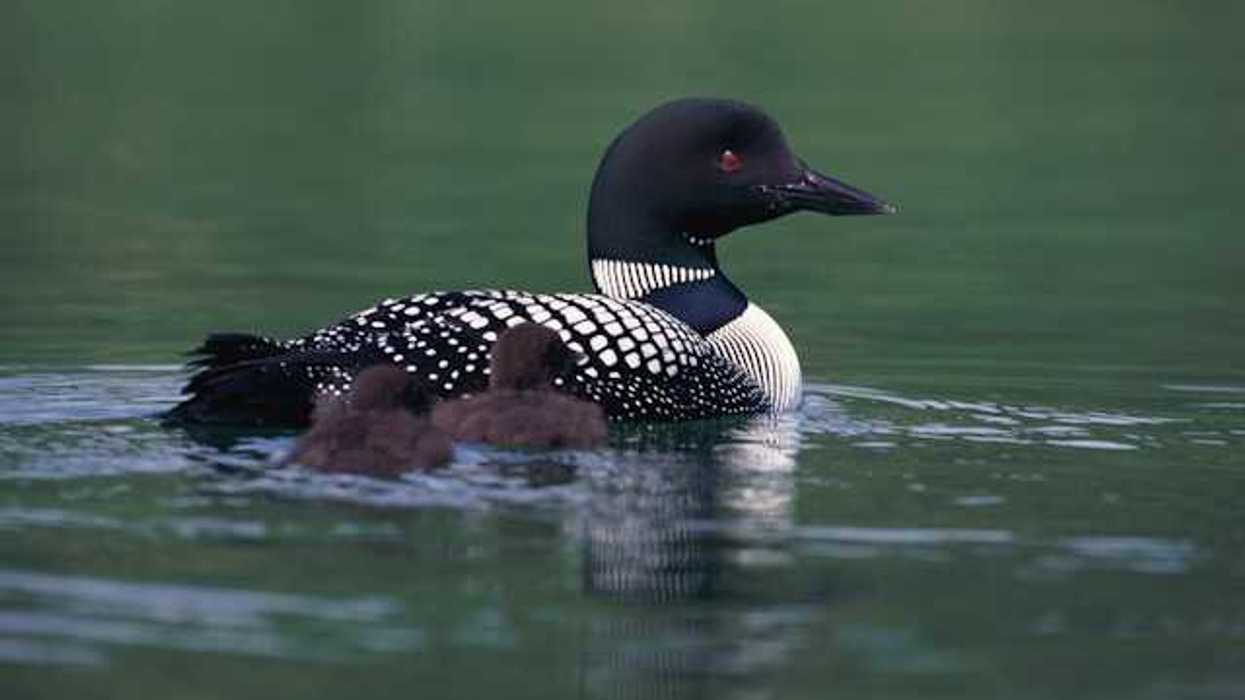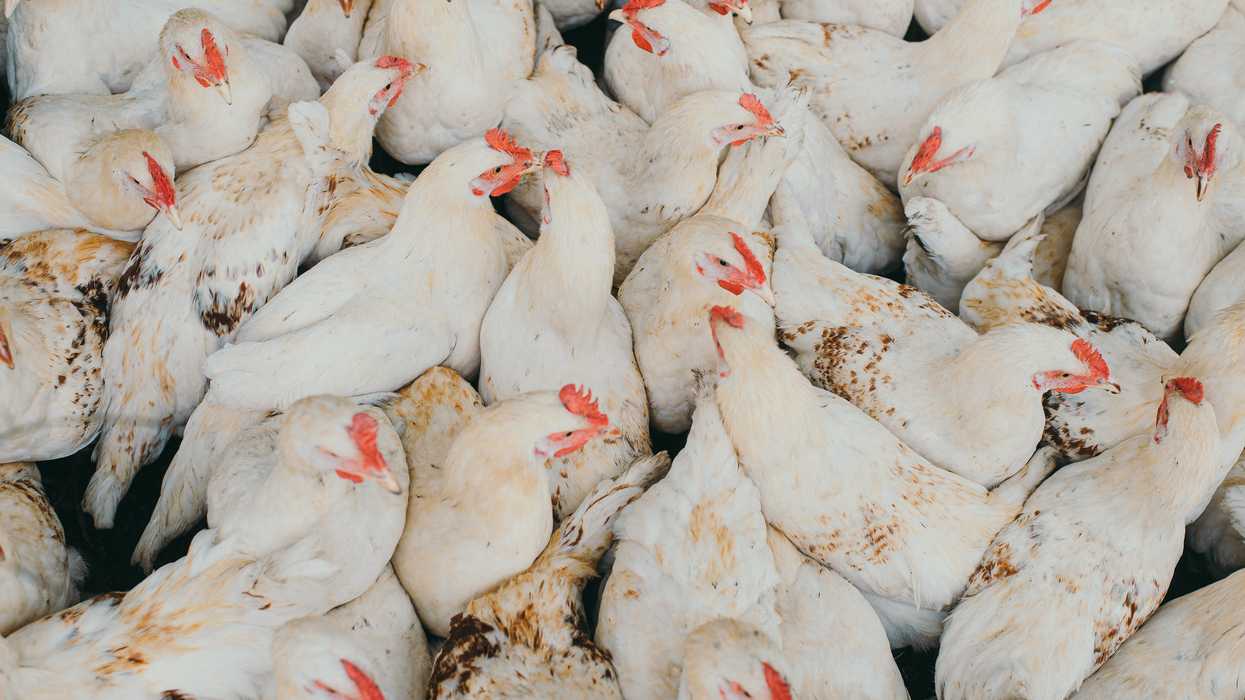A Bronx Zoo veterinarian’s discovery of West Nile virus in 1999 sparked a realization: Veterinarians are crucial in preventing zoonotic diseases that jump from animals to humans.
Rivka Galchen reports for The New Yorker.
In short:
- The West Nile outbreak in NYC revealed the critical role of veterinarians in public health, as they bridge the gap between animal and human disease prevention.
- Over two-thirds of emerging human diseases originate from animals, highlighting the importance of tracking animal health to prevent pandemics.
- The concept of “One Health” emphasizes the interconnectedness of human, animal and environmental health, stressing the need for holistic disease prevention.
Key quote:
“I think it was really the West Nile virus that was the impetus for recognizing the value of having veterinarians work in public-health departments.”
— Sally Slavinski, veterinarian at New York City’s Department of Health and Mental Hygiene
Why this matters:
By focusing on animal health, veterinarians could be our first line of defense, helping to prevent zoonotic diseases from making the deadly leap to humans.
Read more: Cutting forests and disturbing natural habitats increases our risk of wildlife diseases














